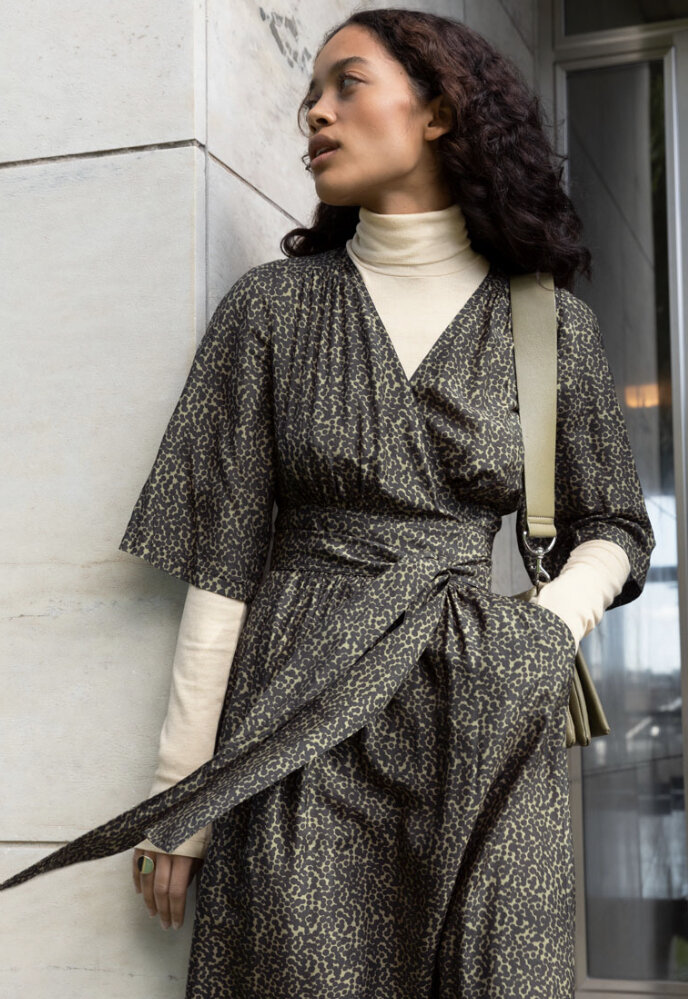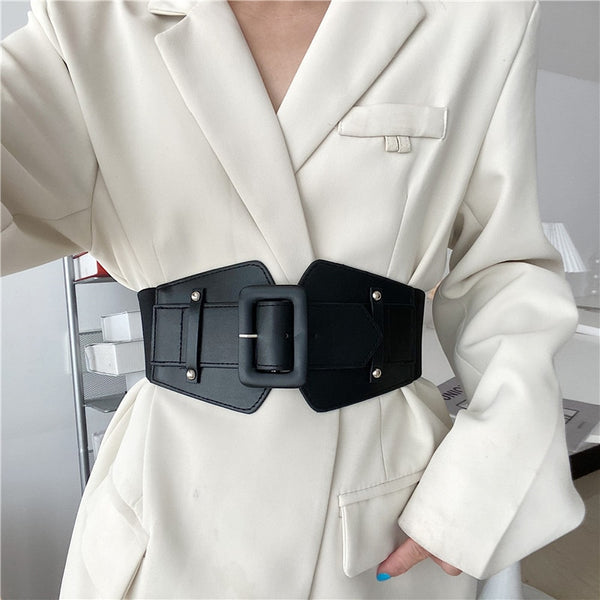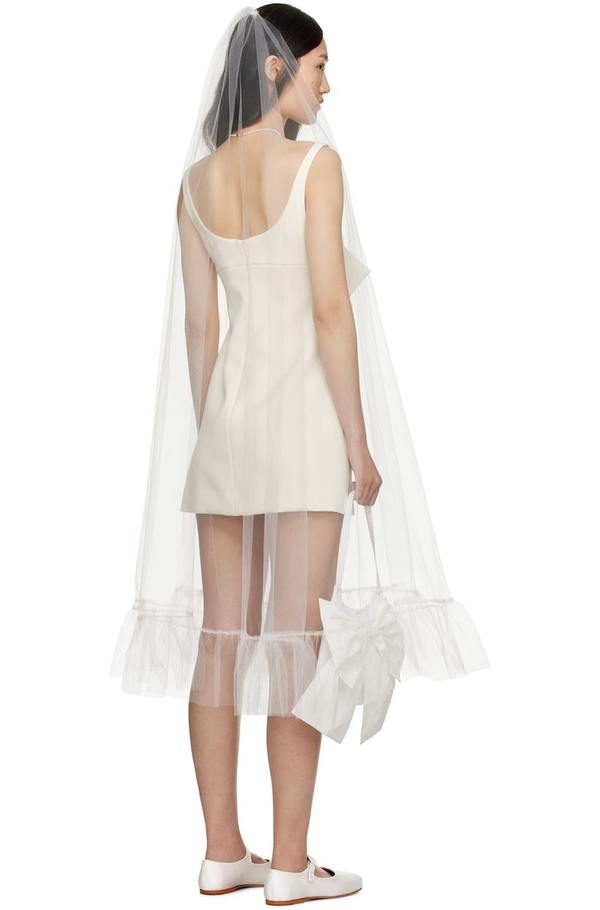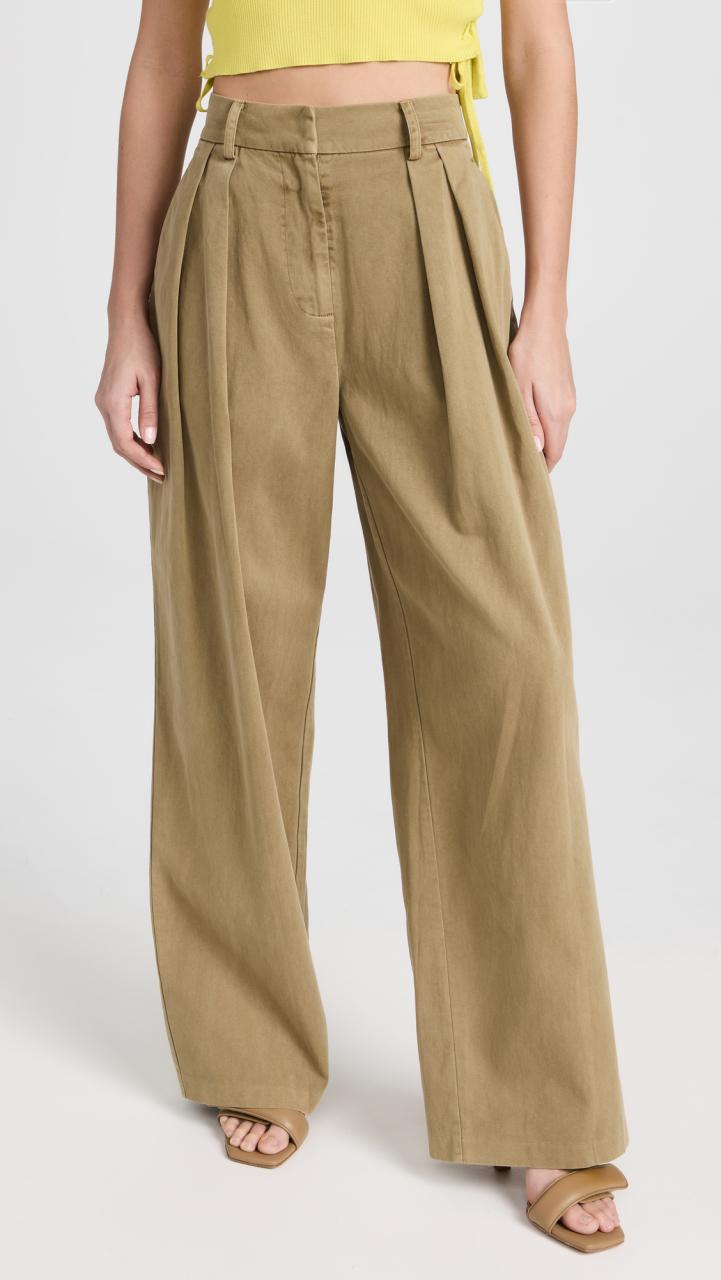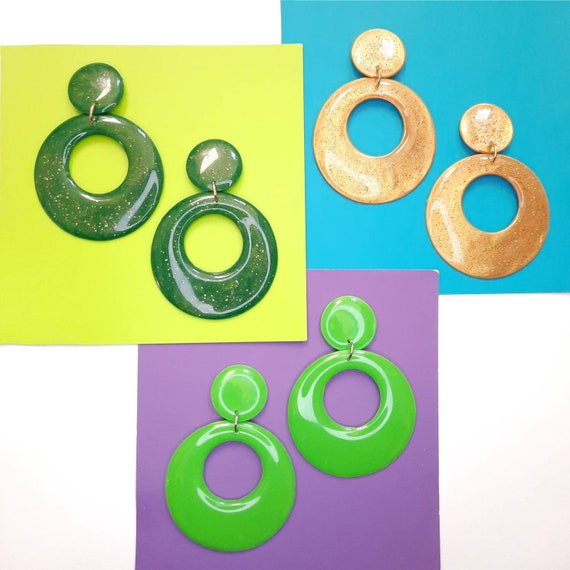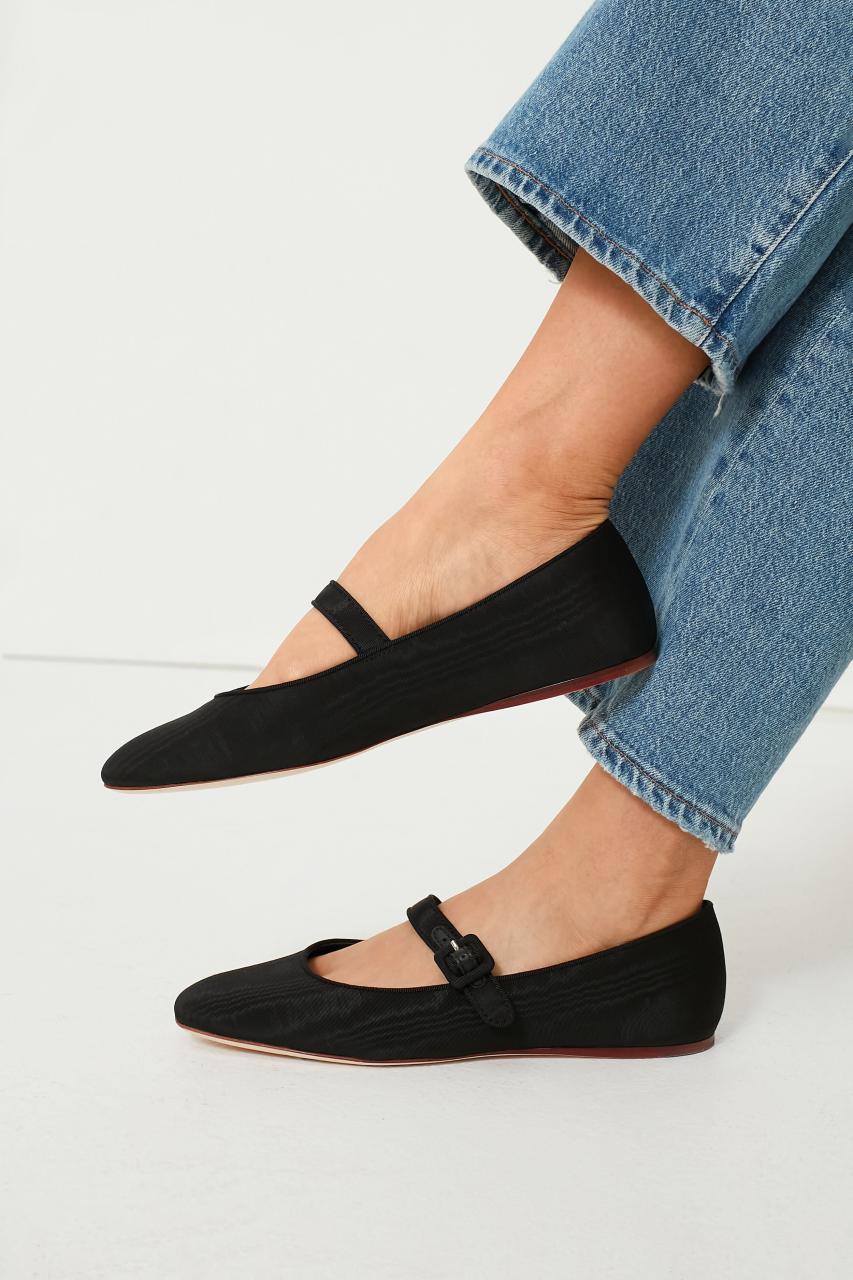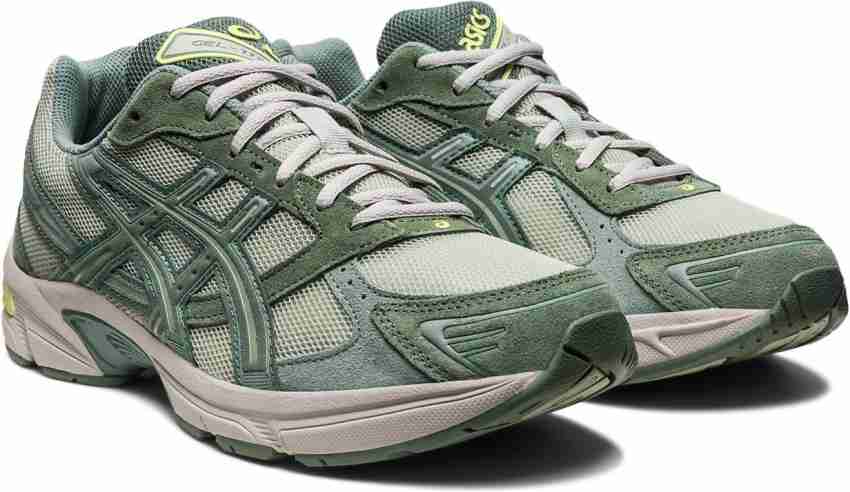A Step Towards a Greener Future
 Fashion is not only about style but also a reflection of our values and the impact we have on the planet. As sustainability and environmental consciousness become increasingly important, the fashion industry is undergoing a transformation towards embracing organic materials and sustainable practices. In this article, we will explore the significance of incorporating organic materials and adopting sustainable approaches in fashion, and how these changes can lead us towards a greener and more responsible future.
Fashion is not only about style but also a reflection of our values and the impact we have on the planet. As sustainability and environmental consciousness become increasingly important, the fashion industry is undergoing a transformation towards embracing organic materials and sustainable practices. In this article, we will explore the significance of incorporating organic materials and adopting sustainable approaches in fashion, and how these changes can lead us towards a greener and more responsible future.
The Environmental Impact of Fast Fashion:
Fast fashion, characterized by rapid production cycles and cheap materials, has led to severe environmental consequences. The industry is notorious for its excessive use of water, pollution, and contribution to landfill waste. The adoption of sustainable practices is an urgent need to mitigate these issues.
The Rise of Sustainable Fashion:
Sustainable fashion is an emerging trend that focuses on minimizing the ecological footprint of clothing production. It emphasizes ethical labor practices, eco-friendly materials, and long-lasting designs. Brands are increasingly adopting sustainable approaches to address environmental concerns.
Embracing Organic Materials:
Organic materials, such as organic cotton, hemp, and bamboo, have become key components of sustainable fashion. These materials are grown without harmful pesticides or synthetic fertilizers, reducing soil and water pollution. Organic textiles are also biodegradable, further reducing their environmental impact.
Benefits of Organic Materials:
Reduced Chemical Usage: Organic farming methods eliminate the use of synthetic chemicals, promoting healthier ecosystems and reducing harm to agricultural workers.
Enhanced Soil Health: Organic farming practices improve soil fertility and structure, leading to better long-term sustainability.
Water Conservation: Organic crops typically require less water than conventionally grown ones, contributing to water conservation efforts.
Improved Health: Organic textiles are less likely to cause skin irritation or allergies due to the absence of chemical residues.
Sustainable Practices in Fashion:
To embrace sustainable fashion, brands are adopting various practices:
Ethical Labor: Ensuring fair wages and safe working conditions for garment workers is a fundamental principle of sustainable fashion.
Slow Fashion: Promoting slower production cycles, timeless designs, and durability to reduce the pressure for constant consumption.
Eco-Friendly Dyes: The use of natural and non-toxic dyes that minimize water pollution and harm to aquatic life.
Upcycling and Recycling: Repurposing old clothing into new designs, reducing waste and conserving resources.
Eco-Friendly Innovations:
The fashion industry is witnessing innovative approaches to sustainability:
Biodegradable Fabrics: Fabrics made from agricultural byproducts, such as mushroom leather and pineapple fiber, that naturally decompose.
3D Printing: Utilizing 3D printing technology to reduce fabric waste by creating garments directly from digital designs.
Sustainable Packaging: Adopting eco-friendly packaging materials to minimize waste and reduce the carbon footprint of shipping.
Consumer Awareness and Responsibility:
Consumers have a crucial role to play in the shift towards sustainable fashion. By choosing brands that prioritize organic materials and ethical practices, consumers can drive positive change in the industry. Educating themselves about the environmental impact of their fashion choices is essential.
Conclusion:
Embracing organic materials and sustainable practices in fashion is not merely a trend; it’s a fundamental shift towards responsible and ethical consumption. As the fashion industry becomes more conscious of its environmental impact, the choices we make as consumers can shape the future of fashion. By supporting brands that prioritize sustainability and choosing eco-friendly materials, we can collectively work towards a greener and more sustainable fashion industry, ultimately contributing to a healthier planet for future generations.


